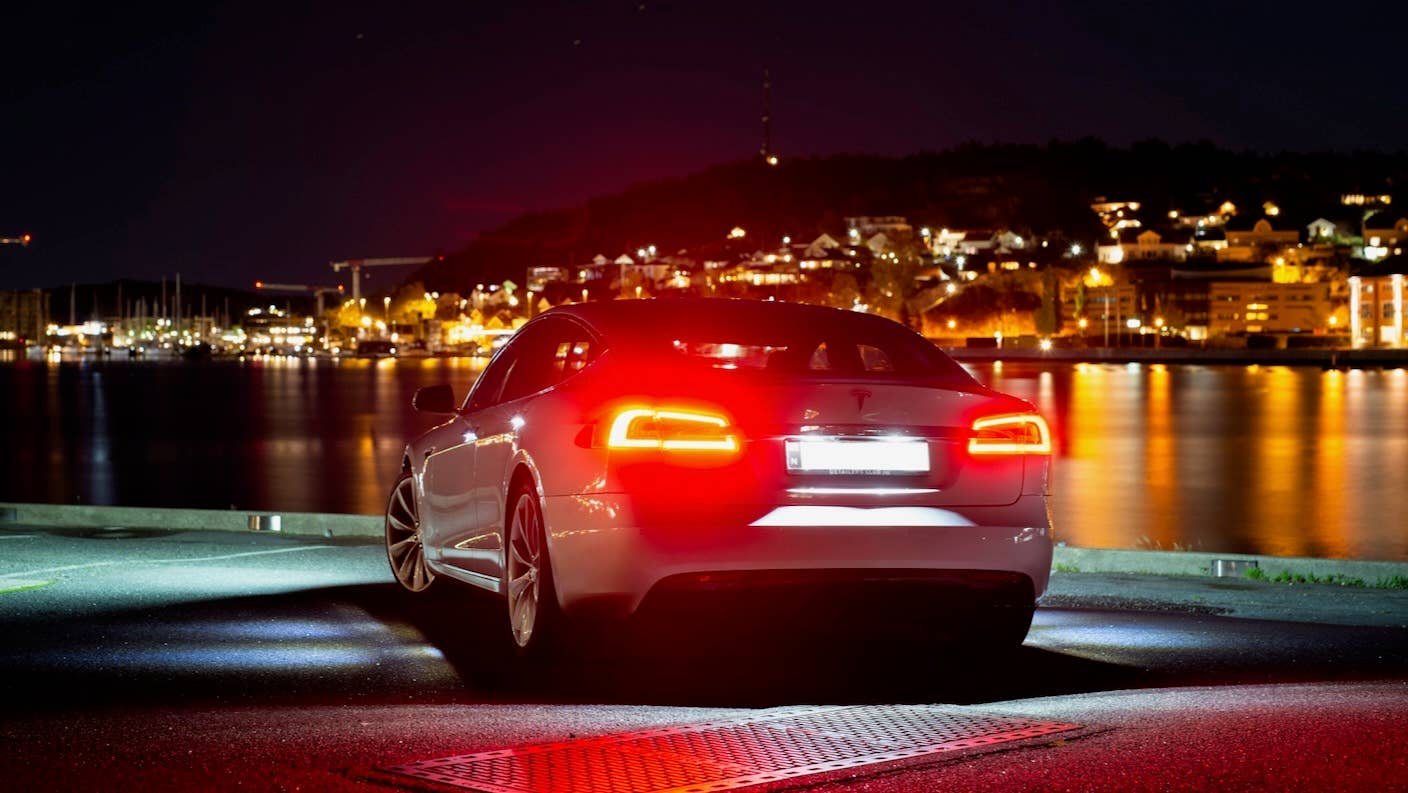There Are Now More Electric Vehicles Than Gas-Powered Cars in Norway

Share
Norway’s sizable oil and gas deposits have made it one of the wealthiest countries in the world. That’s why it might come as a surprise that it’s the first country to have more electric vehicles than gasoline-powered ones.
Transportation is the single biggest contributor to climate change in the US—accounting for 28 percent of total greenhouse gas emissions, according to the Environmental Protection Agency. So, the rise of electric vehicles has been one of the biggest success stories in the effort to clean up the economy.
Slowing sales growth for battery-powered cars has some worried there might be a ceiling to the number of people willing to adopt the technology. But Norway shows that with the right incentives, the goal of a completely electrified road network is a tangible possibility.
Earlier this week, the Norwegian Road Federation (OFV) announced that of the 2.8 million private cars that are registered in the country, 754,303 are all-electric compared to 753,905 that run on gasoline.
“This is historic. A milestone few saw coming 10 years ago,” OFV director Øyvind Solberg Thorsen told The Guardian. “The electrification of the fleet of passenger cars is going quickly, and Norway is thereby rapidly moving towards becoming the first country in the world with a passenger car fleet dominated by electric cars.”
This tipping point had been long anticipated, as electric vehicle sales in Norway have massively outpaced gasoline cars for some time. Roughly 85 percent of new vehicles registered in 2024 so far have been zero-emissions, which refers to fully battery-powered vehicles and excludes hybrids.
It’s no secret how the country got here. The Norwegian government has given generous subsidies to promote adoption, including tax rebates that bring the cost of electric vehicles down to similar levels as conventional vehicles, exemptions from some tolls, and an extensive public network of free chargers.
Despite overtaking gasoline-powered cars, electric vehicles are still lagging diesel ones, which account for more than a million of Norway’s existing stock. But the government has an ambitious goal to end the sale of new gasoline and diesel cars by next year, so it may not be long before they catch up.
Be Part of the Future
Sign up to receive top stories about groundbreaking technologies and visionary thinkers from SingularityHub.


How easily other countries can mimic their success remains to be seen though—tax exemptions on electric vehicles cost 43 billion kroner ($4.1 billion) in 2023. Norway has been able to pay for this thanks to the country’s massive $1.7 trillion sovereign wealth fund, which, ironically, was built using the profits from its enormous fossil fuel reserves.
Electric vehicle sales have been highly concentrated in three main markets—Europe, the US, and China—accounting for roughly 95 percent of all purchases. In the US, new registrations grew 40 percent last year to hit 1.4 million, while Europe saw a 20 percent increase to 3.2 million.
However, sales have been flagging in recent months, even as production capacity continues to ramp up. This has some worried that concerns around pricing and charging infrastructure could cap consumers’ willingness to make the switch. A brewing trade war over electric vehicles between the West and China also threatens to further dent adoption.
While it might not come cheap, if we’re committed to decarbonizing our transportation system, other governments may need to follow Norway’s lead when it comes to incentivizing cleaner cars.
Image Credit: Emil Dosen / Unsplash
Related Articles

US Solar Surged 35% in 2025, Overtaking Hydro for the First Time

Meta Will Buy Startup’s Nuclear Fuel in Unusual Deal to Power AI Data Centers

Your ChatGPT Habit Could Depend on Nuclear Power
What we’re reading
